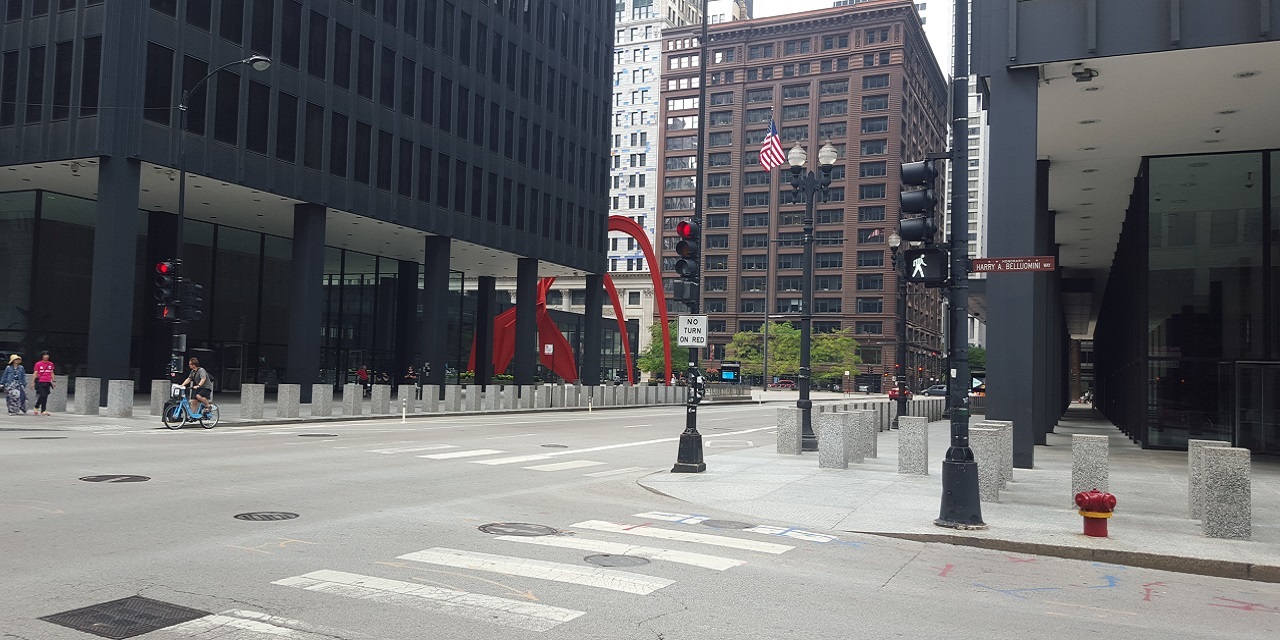Employers across a wide variety of industries include non-compete clauses in their employment agreements. This practice has come under increasing fire in recent years. The latest being a petition filed by the AFL-CIO, Service Employees International Union, and a number of other labor and public interest groups with the U.S. Federal Trade Commission (FTC) calling for the FTC to its rulemaking power to issue a federal rule banning the use of non-compete agreements nationwide.
According to the petition, it is estimated that one out of every five U.S. workers — or about 30 million — is bound by a non-compete agreement. The petition seeks implementation of a new rule prohibiting employers across all industries from requiring workers sign agreements limiting their ability to work for a competitor. The petition does not distinguish between employees and independent contractors but calls for a ban on the use of non-compete agreements for both types of workers. According to these groups, non-compete agreements suppress the ability for employees to negotiate for raises, escape from undesirable work environments, or taking their experience and putting it to work by starting competing businesses of their own. If the FTC, which has a mandate to enforce antitrust and consumer protection laws, issues a rule banning non-compete agreements as is being requested, it would make companies that violate the rule subject to FTC enforcement and could cause such companies to incur liability.
The petition calls out by name companies such as Amazon, which the petition claims required temporary warehouse workers to agree to broad non-compete clauses and fast-food chain Jimmy John’s, which, prior to its 2016 settlement with the Illinois Attorney General, the petition claims restricted new hires from working for any competing restaurant within three miles.
The use of restrictive covenants (e.g. covenants not to compete, non-solicitation agreements, etc.) and other so-called anti-competitive practices by employers have become an increasing focus for labor advocates and public officials, including state attorneys general who have filed an increasing number of suits against fast food franchises and other employers who hire large numbers of low wage workers seeking to end the use of non-compete provisions. Silicon Valley heavy-hitters including Apple, Google, Adobe, and Intel agreed in 2015 to a $415 million settlement to end claims that they conspired together to implement an anti-poaching policy to avoid stealing one another’s employees. The FTC has come under pressure from lawmakers and consumer groups to join these labor groups and attorneys general in by taking a more aggressive approach to antitrust enforcement. Continue reading ›
 Chicago Business Litigation Lawyer Blog
Chicago Business Litigation Lawyer Blog







